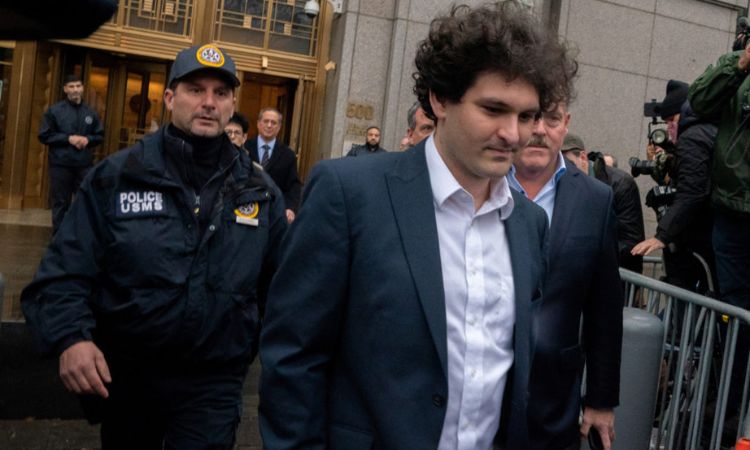Sam Bankman-Fried, the exchange’s founder, and several former executives were sued by FTX Trading on Thursday in an effort to recover more than $1 billion that they are believed to have stolen from the company prior to its bankruptcy.

FTX’s former technology leader Zixiao “Gary” Wang, former FTX engineering director Nishad Singh, and Caroline Ellison, the hedge fund manager for Bankman-Fried’s Alameda Research, are also named as defendants in the case submitted to the Delaware bankruptcy court.
According to FTX, the defendants engaged in “one of the largest financial frauds in history” as they continuously plundered money to support opulent residences, political donations, speculative investments, and other “pet projects.”
The allegedly fraudulent transfers took place between February 2020 and November 2022, when FTX filed for Chapter 11 protection. According to FTX, the transactions can be reversed or “avoided” under Delaware law or the United States bankruptcy laws.
Bankman-Fried’s representative declined to comment. Inquiries for comment were not immediately answered by the defense attorneys for the other accused.
John Ray, who assisted in the management of Enron following that energy trader’s bankruptcy in 2001, is now in charge of FTX.
U.S. prosecutors have identified Bankman-Fried as the crime’s mastermind. This fraud, which resulted in the failure of FTX, involved the theft of billions of dollars in client funds.
Bankman-Fried has entered a not-guilty plea to a number of counts. Ellison, Wang, and Singh have admitted their guilt and made a deal to assist the prosecution.
In the case filed on Thursday, it was claimed that more than $725 million in equity was given fraudulently by FTX and West Realm Shires, a company that Bankman-Fried owned, “without receiving any value in exchange.”
While Ellison used $28.8 million to give himself compensation, according to FTX, Bankman-Fried, Wang, and others stole $546 million to acquire Robinhood Markets shares.
Additionally, it claimed that a portion of Bankman-Fried’s criminal defense was paid for by a $10 million “gift” he gave his father.
According to FTX, the defendants knew that the transfers were being conducted while FTX-related firms were bankrupt.
Federal law permits bankruptcy trustees to prevent property transfers undertaken in the two years prior to Chapter 11 filings if the transfers are made for less than their value and with the intention of defrauding a bankruptcy estate.
The dispute is FTX Trading Ltd. v. Bankman-Fried, U.S. Bankruptcy Court, District of Delaware, No. 23-ap-50448. The primary bankruptcy case is In re FTX Trading Ltd. et al., Case No. 22-bk-11068 in the same court.















